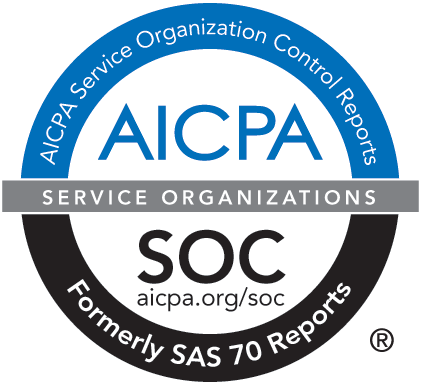Minerals on Mission: The Partial Interest Rule
April 26, 2022 - We could say your real estate property is like an apple pie. The surface of your property is the pie’s crust, and the minerals beneath your property’s surface make up the gooey apple filling. If you’re considering gifting your pie's crust to charity without the filling, remember what HighGround General Counsel Joe Hancock once said, “If you keep the goo, no deduction for you.”
According to the IRS’ partial interest rule, if you're going to make a charitable gift of property and intend to claim a deduction, you can’t hold back any part of your interest in the property. This means that, in general, donors must either contribute their entire interest in a piece of property, or an undivided percentage of their interest, to claim a deduction for their gift. Let’s consider a couple of scenarios to see how the partial interest rule could impact the gifting of mineral interests:
SCENARIO 1: The donor is the landowner.
In this case, the donor owns the surface rights and the mineral rights. If the donor were to give the surface rights to charity but retain ownership of the mineral rights, this would be considered a partial interest gift, and the donor would not be allowed a deduction. For many donors, the realization of this consequence motivates them to also contribute the mineral interest along with the surface interest.
Should the donor, instead, choose to forego a deduction and contribute surface ownership of his land while retaining mineral interests, the receiving charity should seek to restrict the donor’s surface use rights. Otherwise, the donor or future owner of the mineral interest could later begin drilling operations on the property that would interfere with the charity’s use of the land.
SCENARIO 2: The donor is the mineral owner.
In this case, the donor owns only the mineral interests and wishes to gift those interests to charity. Because the donor is contributing his entire ownership interest, the gift would be tax-deductible.
If a mineral owner has leased his mineral interest, he may transfer a royalty interest to charity, thus avoiding income tax on those amounts and providing an income stream to the charity.
While it is the donor who chooses to give a gift of mineral interests, the charity must decide if and how they will accept it. Next up: acceptance policies and the appraisal process.
Minerals on Mission: Part 1
Minerals on Mission: Part 3
Minerals on Mission: Part 4



